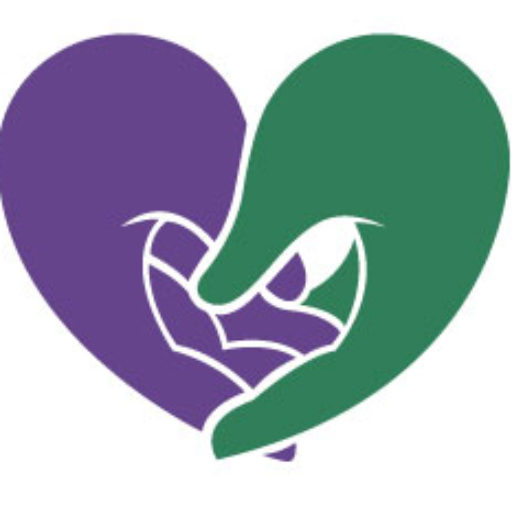
by Rick Davis | May 22, 2023 | Active Surveillance PCa, Advocacy, Blood Cancers, Brain Tumors, Cancer Caregivers, Cancer Resources, Health Resources, hospice and palliative, mCRPC, Men's Breast Cancer, mHSPC, Multiple Sclerosis, nmCRPC, Ovarian Cancer, Pancreatic Cancer, Prostate Cancer, Recent News, RMC, Sarcoidosis, Thyroid Cancer, Women's Breast Cancer
ICE Checklist … in case you go cold!
Last month’s Under 60 Stage 3 & 4 Prostate Cancer meeting was small, intimate and produced a true gem from Down Under to benefit all AnCan’rs …
For the life of me, I forget what raised the topic … maybe a Death with Dignity discussion – but Aussie AnCan’r, Steve Cavill told us about the ICE “In Case of Emergency” Checklist Document that he and his wife Leonie, who occasionally attends our Care Partners Group, have both completed. Steve and Leonie reside in the suburbs of Melbourne and are currently heading towards mid-Winter.
This ICE Checklist takes much, if not all, the difficulty out of placing your key information in one place. Like your vital passwords to your laptop, phone or bank accounts; names of key individuals in your life and more. You know .. all that information making it possible for someone to piece your life together if you’re suddenly no longer with us.
Frankly it’s information we should all compile no matter how old. With this checklist guide at hand to march us through it, there can be few excuses. Just remember, this version of the ICE checklist was created in Oz, so it may not be fully applicable Stateside. If one of our US volunteers has time to ‘Americanize’ it, I feel sure it will be greatly appreciated – we have very few solicitors in the US and a few too many attorneys!
Here’s the checklist document in Word format ICE Document Template Now do your part …. and a BIG THANK YOU, Steve Cavill!!
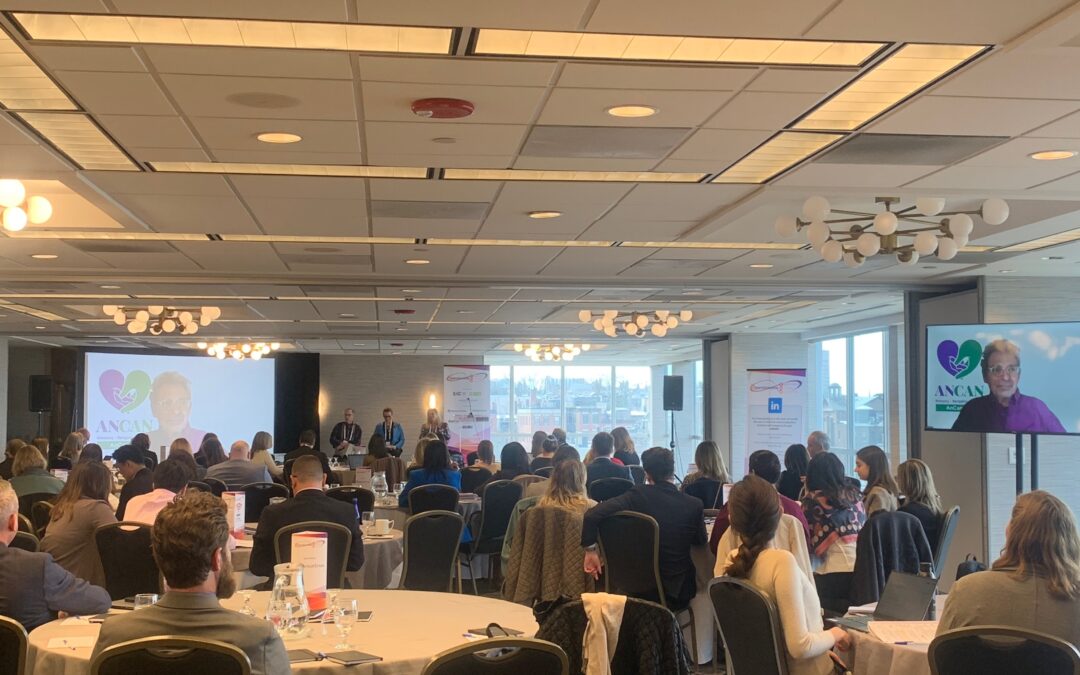
by Rick Davis | Mar 29, 2023 | Advocacy, Blood Cancers, Brain Tumors, Cancer Caregivers, Cancer Resources, mCRPC, Men's Breast Cancer, Ovarian Cancer, Pancreatic Cancer, Prostate Cancer, Recent News, RMC, Sarcoidosis, Thyroid Cancer, Women's Breast Cancer
AnCan VIRTUALLY speaks to Extended Access Programs!
When AnCan Advisory Board Member, Jeff Waldron asked us to participate in a pharmaceutical industry Conference on Expanded Access Programs (EAP) in Boston at the end of March, we were only to happy to amplify the patient voice.
A couple of background factors. For those of you not aware, EAP is the name given to programs that allow needy patients access to groundbreaking drugs that have not yet received regulatory approval – in the US case, by the FDA. All of our guys who received Pluvicto (Lu177 PSMA 617) through ‘Managed Access’ last year were actually enrolled in a form of EAP. As you may recall, when the FDA approved Pluvicto, the Managed Access Program ceased to exist and patients were rapidly transferred to commercial providers.
Our good friend, Jeff Waldron, has a back ground working with both Payers and Pharma. He is one of our most well-connected Advisors, and for the past 3 years, has organized an international EAP Conference. All but the smallest pharmas have an EAP. The past two years conferences were virtual, but this year it was held live in Boston from March 21-23.
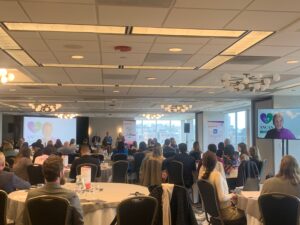 Rick Davis attended virtually on behalf of AnCan to participate in a panel moderated by Jeff entitled,“Closing the Gap of How We Reach Patients”. Ours was the sole direct patient particpation in the 2-day proceedings, and one thing was for sure – they couldn’t miss ‘rd’ as you’ll see from the photgraph alongside. Live feedback was very positive, especially from hearing the difficulties patients encounter. Perhaps the single exception.was a senior drug executive from a pharma with whom AnCan works closely. She presented for 25 minutes immediately before the Panel, finally mentioning patients in her closing sentence. When Rick pointed that out, she was none too pleased.
Rick Davis attended virtually on behalf of AnCan to participate in a panel moderated by Jeff entitled,“Closing the Gap of How We Reach Patients”. Ours was the sole direct patient particpation in the 2-day proceedings, and one thing was for sure – they couldn’t miss ‘rd’ as you’ll see from the photgraph alongside. Live feedback was very positive, especially from hearing the difficulties patients encounter. Perhaps the single exception.was a senior drug executive from a pharma with whom AnCan works closely. She presented for 25 minutes immediately before the Panel, finally mentioning patients in her closing sentence. When Rick pointed that out, she was none too pleased.
So what did we say. The take- away points for pharma were:
- Publcize your EAP in a way that is understandable and accessible to and for patients
- Provide support to the patients’ medical team filling out the paperwork to help eliminate that as a hurdle to access
- Respond quickly so patients are not hanging out waiting to hear if they can access the EAP drug
- Be sure trialled drugs are available to patients benefitting from their use, if the trial is stopped and the drug has not been approved.
AnCan’rs – just another example of how we ensure your voice is being heard … we have your back!
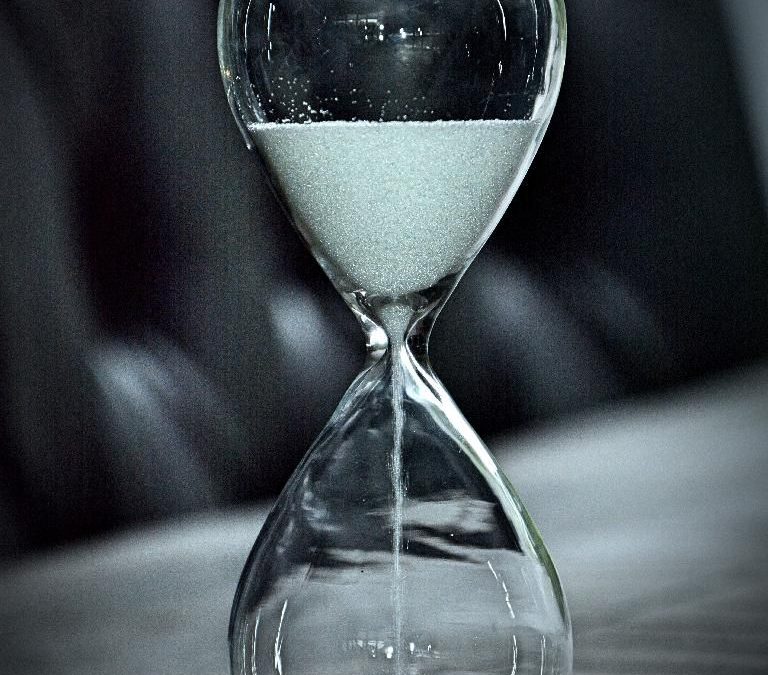
by Rick Davis | Apr 21, 2022 | Advocacy, Blood Cancers, Brain Tumors, Cancer Caregivers, Cancer Resources, mCRPC, Men 'Speaking Freely', Men's Breast Cancer, Multiple Sclerosis, nmCRPC, Ovarian Cancer, Prostate Cancer, Recent News, Sarcoidosis, Thyroid Cancer, Women's Breast Cancer
Time Toxicity raises thoughts …
 Some may have read the excellent ediorial written by Moderator Ben Nathanson in a recent High Risk/Recurrent/Advanced Prostate Cancer Reminder. Ben explains ‘time toxicity’ … a concept that effects many living with serious disease. If you missed his musings, here they are again:
Some may have read the excellent ediorial written by Moderator Ben Nathanson in a recent High Risk/Recurrent/Advanced Prostate Cancer Reminder. Ben explains ‘time toxicity’ … a concept that effects many living with serious disease. If you missed his musings, here they are again:
Treatment that gives us time to live demands time in return. It drags with it scans, blood work, drives to the hospital, doctors running late, computers down, battles with insurance. Part of our gained lifetime is lost in dead time.
Toxicity is always in the cancer mix. Financial toxicity has become part of the conversation alongside physiological toxicity, and time toxicity — time lost in an effort to gain time — is joining it.
In a thoughtful 2018 essay, physician Karen Daily notes “Much of our patients’ time investments remain invisible to clinicians.” This year, in ASCO’s lead journal, three physicians have taken up the challenge, proposing that clinical trials, when reporting overall survival, distinguish between “Days with Physical Health Care System Contact” and days the patients actually own — “Home Days.” This a new idea only in cancer, say the authors — cardiology and other fields already make these kinds of measurements.
When medicine’s best offer is a handful of months, we face difficult choices. Time toxicity casts a shadow over both survival time and quality of life. As we try to balance days added against side effects, it would be good to know how much of the time we’re gaining will be ours to spend.
Reading Ben’s thoughts prompted one of our regular participants to write a reply to us both that touched me to the core. I asked if we could reprint that too, and was graciously given permission on condition of anonymity. Here it is!
Ben, thanks for the article on “time toxicity” in the (recent) meeting announcement. It identifies an important consideration for all to think about in the fight vs. cancer and from my personal experience an impact that changes over time. Your write-up got me to thinking and pushed me to a holistic realization that this is basically an investment decision with expected returns.
For the prostate component of my cancer fight (now 17 years and counting), I did not think about the time investment in the first 14 years that I (and family members) were making to “do battle” (eg lab work, appointments with doctors, scans, treatments, family meetings, insurance challenges and personal downtime / reduced effectiveness in work due to treatment, etc.), It was a “no-brainer” decision and I never considered the tradeoff as the benefits for the opportunity to “continue to live life” due to treatments as my “life” returns were overwhelmingly positive vs.the “investment” required to do battle.
Having retired three years ago and simultaneously entering a new phase of my cancer fight I am aware of the increased time I (and family members) now spend on cancer treatment yet obtaining reduced time for life (and quality of life). I’m now spending significantly more time at Doctors appointments, treatments and longer periods of time post treatment feeling the physical effects of treatment and have begun to recognize I’m going to hit a point where this equation gets out of balance….and I’m not equipped with a decision model to manage that occurrence. Given my personal nature is to grind on stuff (I can make it work, give me time and let me try!) — I’m likely to blow right past the point of equilibrium where time toxicity and balance of life toxicity begin to get out of hand. For much of the first 14 years of my cancer fight I practiced a very large (and for me, healthy) dose of self-denial that I was dealing with prostate cancer. I was able to keep the cancer part of my life cordoned off, did not have significant residual time spent thinking / worrying / etc. about the disease and lived life to the max both personally and professionally. Now, in the last three years I am finding growing quantities of “thinking time” consumed by the disease and also sucking family members…. wife and children….deeper into the cancer battle as discussions / time encroach on them as well increasing the cost of investment (time) in the battle vs. cancer.
Prostate cancer is my second cancer fight, Ten years prior to the prostate cancer diagnosis I was diagnosed with a rare leukemia (rare as it was diagnosed in a limited number of folks (~2,000 / per year in the United States) and was usually fatal shortly after diagnosis as there were no lasting treatments until about 4 years prior to my diagnosis. As a freak outcome of scientific research a drug treatment was developed; the drug was intended for another cancer that had a much larger annual incidence of new cases; the drug was not effective on the targeted cancer but it was very effective on the rare leukemia. And at the time the treatment protocol was 7 days of continuous drip via a small pump one wore around the waist as an outpatient; minimal side effects; and if the first treatment didn’t work a second round was almost guaranteed to work. Talk about lucky! There was no way research funds would have been spent on this cure except by accident — which was exactly the case. The time toxicity for me in my first cancer battle was non-existent and I believe has indirectly helped me in the prostate cancer fight by giving me a dose of optimism and coping skills.
I think the topics raised by both of you….including Rick’s statement on treatment longevity results are important for the group to consider. These are relevant points of management in the cancer battle that I haven’t seen addressed by my oncologists (except one) nor psychologists and psychiatrists that I’ve also used in my treatment.
Editor’s Comment: In the original Reminder, I responded to Ben’s comments by adding one of my own. I pointed out that frequently Overall Survival benefits were shorter than might be expected because trials are often run on patients at a very late stage of their disease. This caveat should be considerd when we see the FDA reporting short life extension, sometimes as few as 2 or 3 months, for newly approved drugs.(rd)
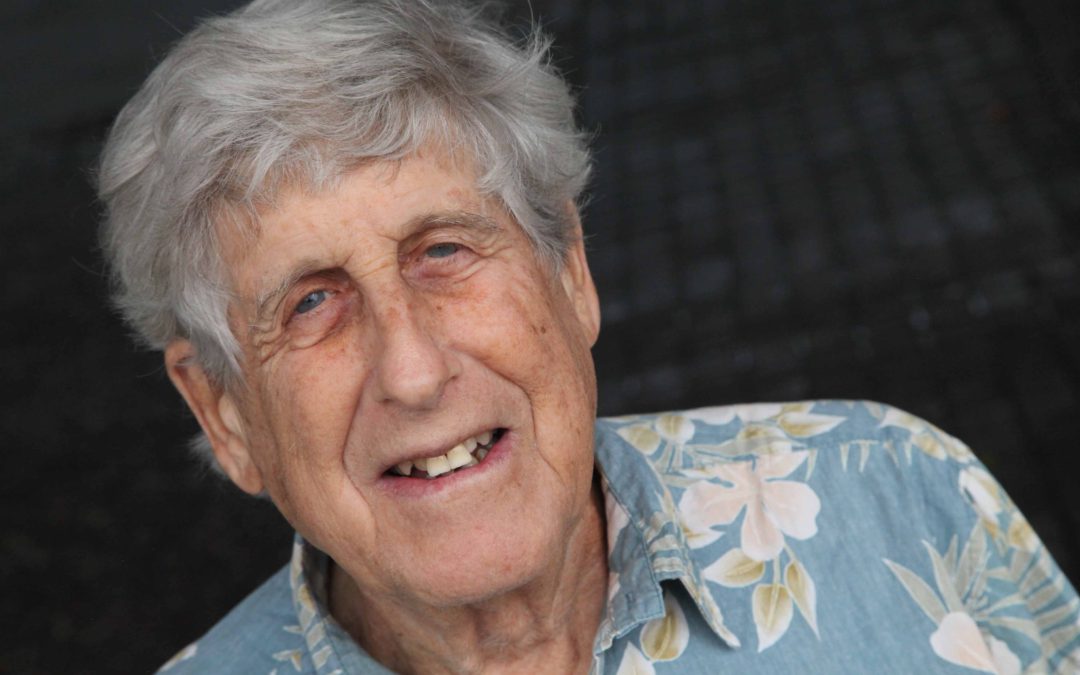
by Rick Davis | Oct 24, 2021 | Advocacy, Blood Cancers, Cancer Caregivers, Cancer Resources, mCRPC, Men's Breast Cancer, Multiple Sclerosis, nmCRPC, Ovarian Cancer, Prostate Cancer, Recent News, RMC, Sarcoidosis, Thyroid Cancer, Women's Breast Cancer
‘BEING’ YOUR OWN BEST ADVOCATE
A few very important words from one of senior moderators, Peter Kafka! (rd)
We often stress the importance of “being one’s own best advocate” at our online AnCan support gatherings. After several recent personal experiences and hearing about others I thought it might be appropriate to add another word to this maxim, and that would be “vigilant”.
All too often I have noticed that I can get complacent when dealing with routine medical appointments and assume that the professionals I am working with are focused and have my best interests front and center. But like me, my medical team are human and can make mistakes and assumptions that are wrong.
Earlier this week I was at a lab I had been to many times before to get my monthly blood tests. The tech was new, but I had filled out the orders online when making my appointment and had my doctor’s standing order with me. I had my sleeve rolled up and the tech was getting ready to unwrap the needle to jab me when I noticed that she only had one test tube out for sampling. I questioned this because I usually fill three or four. She said; “We’re just doing hemoglobin, right?” “No!” I replied, pulling out my previous month’s results from the notebook on my lap. “We’re doing CBC’s, Hepatic, PSA, Testosterone and more.” She retreated into the back room to consult with her supervisor and both reappeared with an apology and proceeded with the whole enchilada.
I was reminded of another occasion when I was in the hospital for a day or two after surgery from a broken femur. Looking up from my hospital bed I saw the notation on the white board that I was listed as a diabetic. No wonder my meal was so bland. Turned out that just because I was taking Metformin as a pharmaceutical for my prostate cancer their assumption was that I was diabetic. I had to straighten out their confusion.
Over the years I have learned that I need to be on “high alert” when undergoing any medical procedure, routine or otherwise. Mistakes are all too easy to make. Some might be inconsequential, but others can have serious implications. In this time when getting inoculations for covid-19, seasonal flu, shingles or other shots down the street at the local pharmacy it is doubly important to stay vigilant. Yes, these professionals are all too careful to make sure that our names and date of birth are correct on the orders and labels, but what about the injected drug or prescription? I bet that many of us have stories to tell.
So, keep your eyes open, stay vigilant, and ask questions. “Being one’s own best advocate” requires us to step up and get involved so that we understand and know the twists and curves of our medical journey even if it seems to be uncharted territory. It is our journey after all.

by Rick Davis | Sep 28, 2021 | Advocacy, Brain Tumors, Cancer Caregivers, Cancer Resources, Exercise, Health Resources, mCRPC, Men's Breast Cancer, Multiple Sclerosis, nmCRPC, Ovarian Cancer, Prostate Cancer, Recent News
Check out the CDMRP ….. it may be for you!

Through its CDMRP — Congressionally Directed Medical Research Programs — one of the largest US funders of medical research is the Department of Defense. It will take another blog post to learn how this came about (volunteers??), but they have multiple programs for many conditions including multiple cancers … you can check the complete list at https://cdmrp.army.mil/researchprograms. Attend any gathering of patient advocates, and you are likely to find ‘Consumer Reviewers’ for one budget or another.
AnCan has several reviewers, and not just for prostate cancer. One of our PCa group regulars just finished his maiden stint reviewing grant requests for the 2022 $100 million PCa allocation, making the CDMRP the country’s second largest funder of prostate cancer research. Ben Nathanson’s qualifications …. well, he has prostate cancer, participates in AnCan groups, and likes reading scientific papers. No PhD or MD required.
Len Sierra is a seasoned Consumer Reviewer and recommended Ben as a Consumer Reviewer. Consumer reviewers sit on a panel alongside scientists and clinicians, and have an equal vote in who gets funding. They’re asked to read certain proposal pages, not the entire thing. But if you’re the right sort of person for this job, you’ll want to try reading it all.
PCRP is always looking for reviewers. To learn more, contact Melissa Flathmann, Melissa.Flathmann@gdit.com. The Prostate Cancer Research Program’s web page is https://cdmrp.army.mil/pcrp . In Ben’s own words, here’s a little more about his experience:
I just helped review grant proposals for the second-largest source of prostate cancer research funding in the United States. They ignored the fact that I’m not a doctor and haven’t studied biology since high school. They wanted me for my body.
No request gets a dime until it’s been voted on by a consumer reviewer. “Consumer” in this case means you have prostate cancer or have had prostate cancer or are a caregiver for someone with prostate cancer. It’s not enough just to want prostate cancer.
My agency wasn’t NIH (the top funder); it was the Department of Defense, which quietly oversees funding for a number of civilian health programs. More than $100 million is budgeted for prostate cancer research in the coming fiscal year.
The Peace Corps liked to bill itself as “the toughest job you’ll ever love.” Although this is a different arm of government, I too was assigned to be a cultural ambassador to a developing region where they speak a foreign language. Every fellow reviewer was a scientist, a clinician, or a statistician. For every proposal, each of us, in our own language, drafts a critique, gets a turn to speak, and gets an equal vote.
As with the Peace Corps, ditto on the tough, ditto on the love. A consumer reviewer need only read selected pages of the proposal, including an Easy Reader page (“Lay abstract”) prepared just for you. But — personal view — you take this job to stand with the scientists at the edge of research, and if you don’t take the effort to read it all, all you’re seeing is the sales pitch. The process — it’s about six weeks — leaves you breathless. You’ve geeked with the geekiest.
They’re always looking for bodies like yours. Beyond disease qualifications, somebody from a patient-advocacy organization — such as AnCan — needs to write a letter of nomination. I was wildly fortunate that Len Sierra has been doing DoD reviews for years; I sent him my resume so he’d know I really am as geeky as I look, and he wrote me a lovely letter. Len, you got me a ticket to the edge of cancer discovery, and I can’t thank you enough.
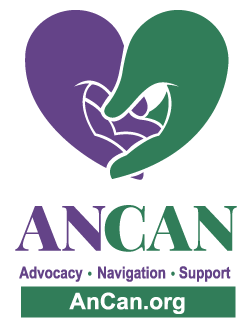
by Rick Davis | Aug 31, 2021 | Advocacy, AYA, Blood Cancers, Brain Tumors, Cancer Caregivers, Cancer Resources, Men 'Speaking Freely', Men's Breast Cancer, Ovarian Cancer, Prostate Cancer, Recent News, RMC, Sarcoidosis, Thyroid Cancer, Women's Breast Cancer
Wanna make an AnCan Rude Names Fundraiser???
Here’s our latest proposal for AnCan supporters to raise a few bucks on our behalf ……. follow Brit Paul Taylor’s lead and raise money for us with a US Version Rude Names fundraiser . And to heck with a moped … we have a few bigger bikes in this Group.
Watch Taylor’s UK Tour in this short BBC video https://www.bbc.com/news/uk-england-oxfordshire-58375401 and see a few of the places he visited below!
Maybe you just have to be a Brit to appreciate this toilet humor …. but if not, AnCan is all ears!
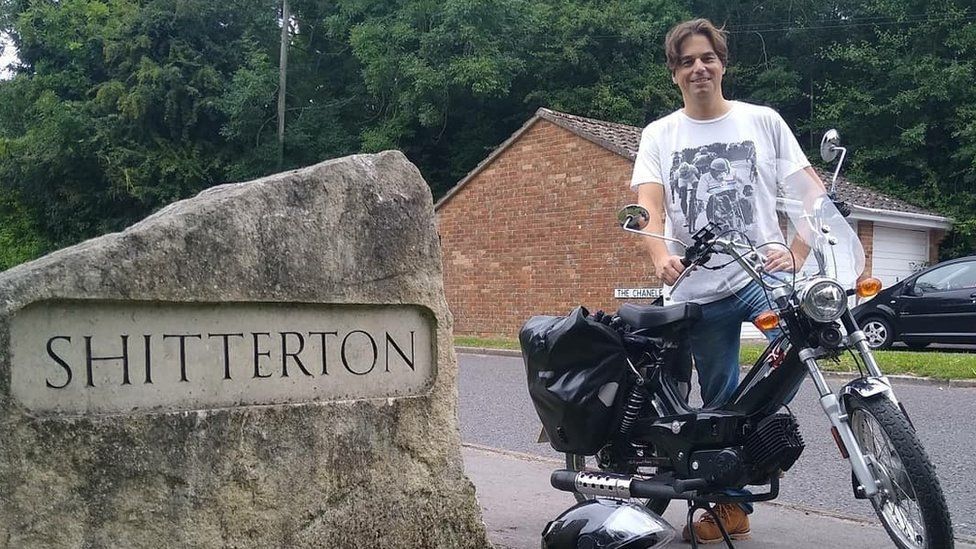
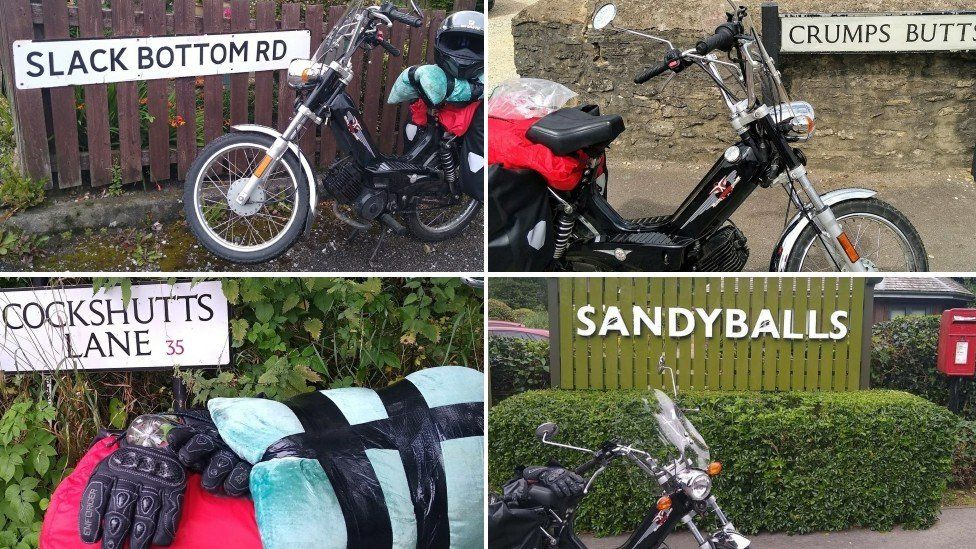


 Rick Davis attended virtually on behalf of AnCan to participate in a panel moderated by Jeff entitled,“Closing the Gap of How We Reach Patients”. Ours was the sole direct patient particpation in the 2-day proceedings, and one thing was for sure – they couldn’t miss ‘rd’ as you’ll see from the photgraph alongside. Live feedback was very positive, especially from hearing the difficulties patients encounter. Perhaps the single exception.was a senior drug executive from a pharma with whom AnCan works closely. She presented for 25 minutes immediately before the Panel, finally mentioning patients in her closing sentence. When Rick pointed that out, she was none too pleased.
Rick Davis attended virtually on behalf of AnCan to participate in a panel moderated by Jeff entitled,“Closing the Gap of How We Reach Patients”. Ours was the sole direct patient particpation in the 2-day proceedings, and one thing was for sure – they couldn’t miss ‘rd’ as you’ll see from the photgraph alongside. Live feedback was very positive, especially from hearing the difficulties patients encounter. Perhaps the single exception.was a senior drug executive from a pharma with whom AnCan works closely. She presented for 25 minutes immediately before the Panel, finally mentioning patients in her closing sentence. When Rick pointed that out, she was none too pleased.
 Some may have read the excellent ediorial written by
Some may have read the excellent ediorial written by 




